Basic math operations Math Worksheets for Ages 4-8
7 filtered results
-
From - To
Discover engaging and interactive Basic Math Operations Worksheets designed for children ages 4-8! Our curriculum-rich resources help young learners master essential skills, including addition, subtraction, multiplication, and division, through fun exercises and colorful illustrations. Each worksheet is crafted to cater to various learning styles, fostering both confidence and competence in foundational math concepts. Ideal for classroom use or homework reinforcement, these printable worksheets encourage independent practice while promoting critical thinking. Explore our extensive collection today and set your child on the path to math mastery, ensuring they build a strong numerical foundation that supports future learning!
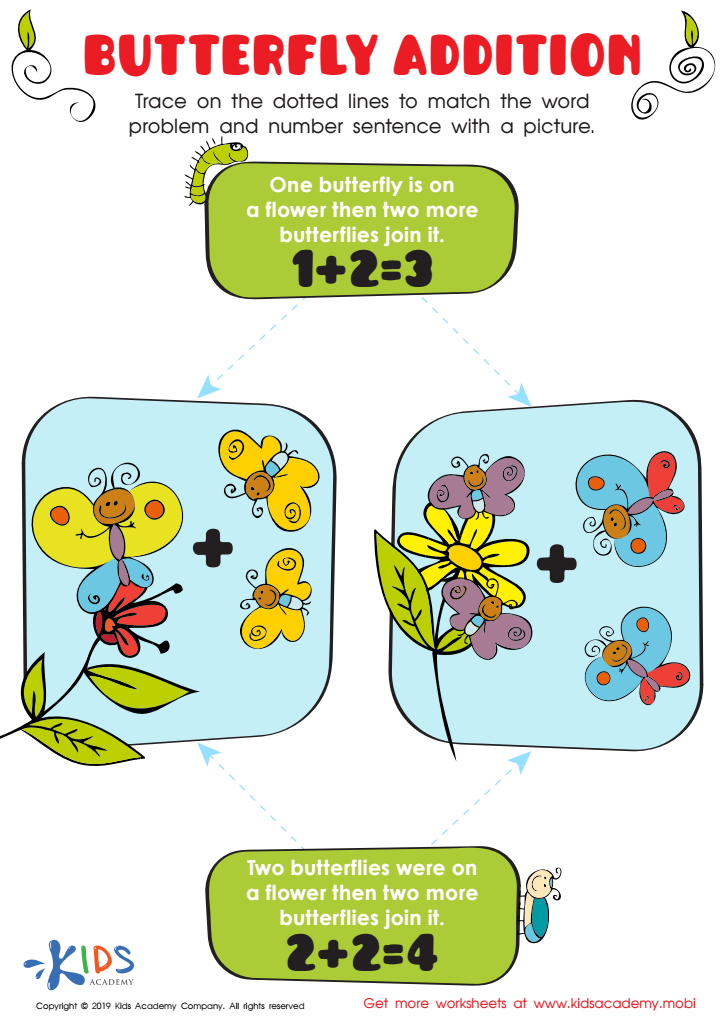

Butterfly Addition Worksheet
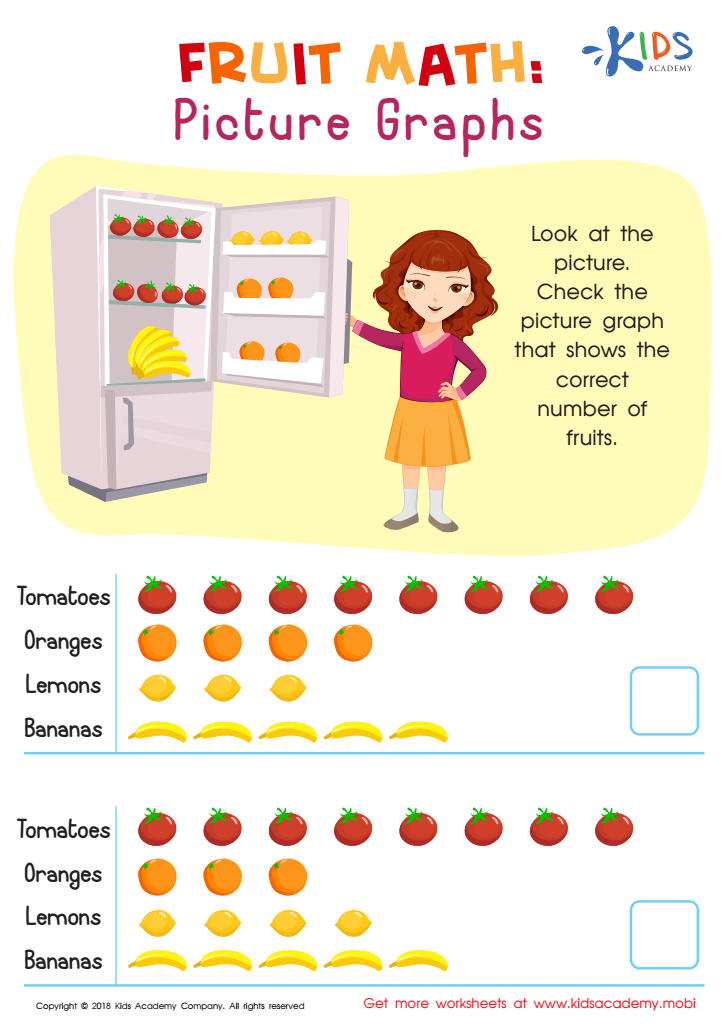

Fruit Math: Picture Graphs Worksheet
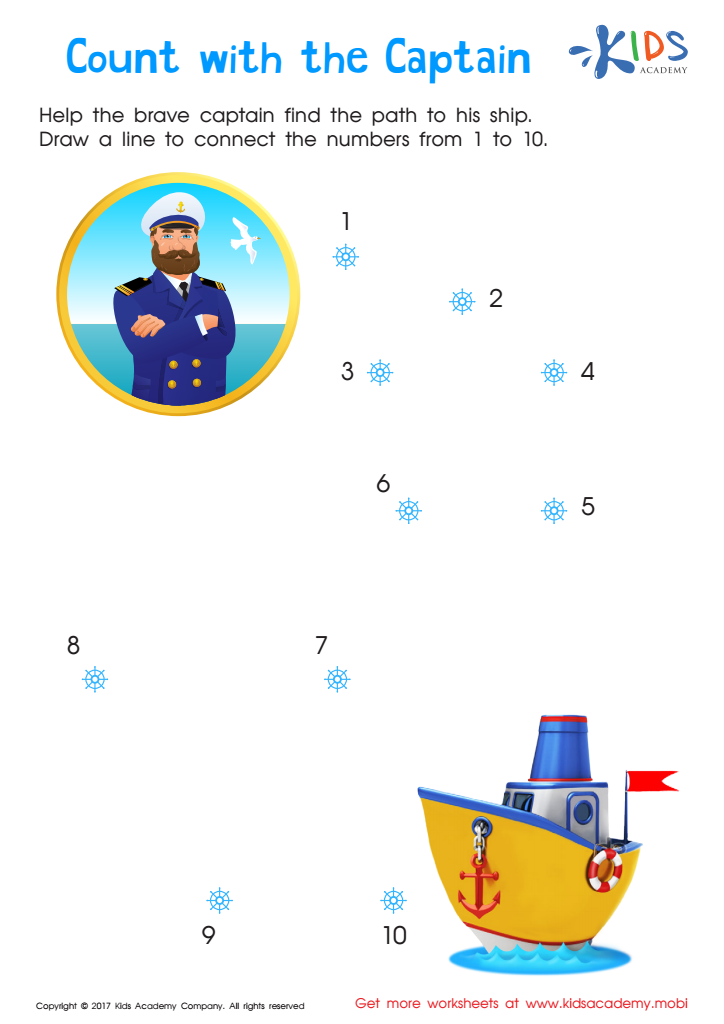

Count with the Captain Connect Dots Worksheet
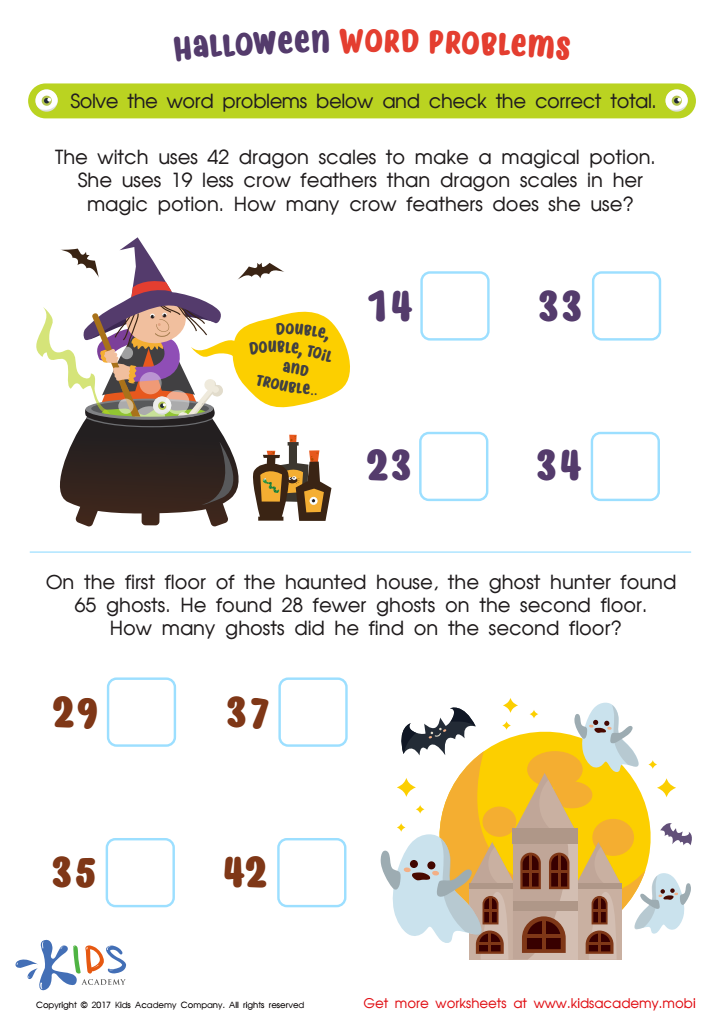

Halloween Word Problems Printable
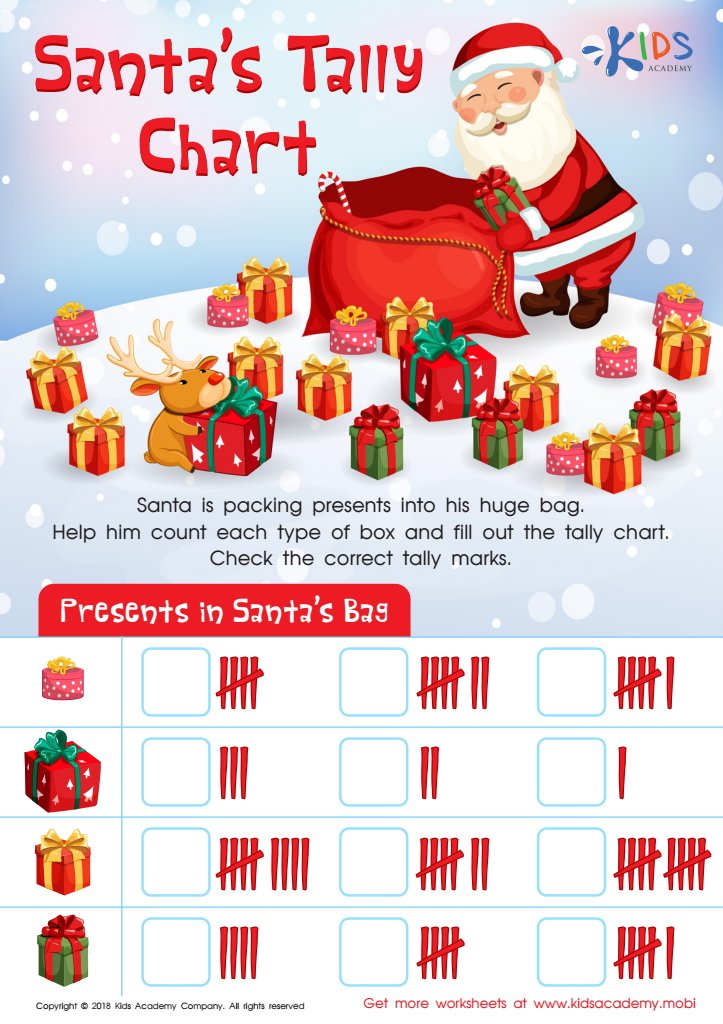

Santa Tally Chart Worksheet


Word Problems: Assessment 2 Worksheet
Basic math operations—addition, subtraction, multiplication, and division—form the foundation of all future mathematical understanding. For children aged 4-8, mastering these concepts is crucial as they pave the way for more complex problem-solving skills later on. Parents and teachers should care because early math proficiency is linked to greater academic success in both math and other subjects.
math enhances critical thinking and reasoning abilities. Through mathematical concepts, children learn to recognize patterns, make decisions, and approach challenges logically. Early exposure builds confidence, helping young learners feel competent when facing math-related tasks.
Moreover, fundamental math operations help develop life skills. Children gain essential abilities for managing money, measuring ingredients for recipes, or organizing their belongings. These skills foster independence and practical understanding of the world around them.
Engagement in math at a young age can also influence attitudes toward learning. When children find joy and interest in math through engaging activities guided by parents and teachers, they are likely to maintain a positive outlook on continued learning. Therefore, investing time and resources into teaching basic math operations lays a vital groundwork not just academically but also personally for children in their formative years.
 Assign to My Students
Assign to My Students






















